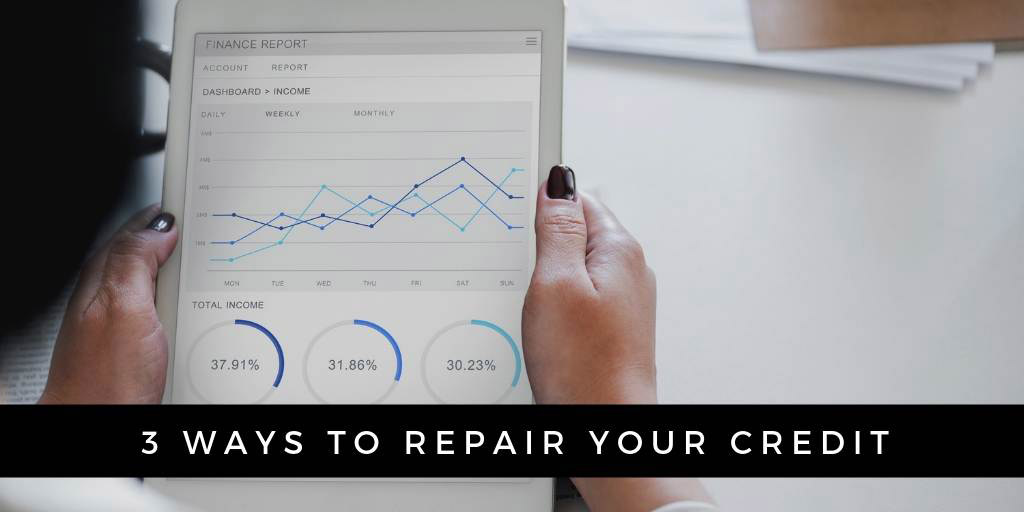It's a dream to be able to pay off your mortgage early, but is there a downside? While it sounds like a great idea, there are some factors to consider before doing so. This article will explore some of the reasons you may want to hold off on that final payoff amount.
Other Debts
If you have various other debts (credit cards, auto loans, etc.) it's a good idea to pay those off before the mortgage. Why? Well, credit cards usually have astronomical interest rates so that outstanding balance will only grow if you choose to put all your money towards your mortgage.
That extra interest on your credit card or auto loan isn't tax deductible, which leads to the next point.
Check for Penalties
Some mortgages come with a prepayment penalty. If you're thinking about paying yours off early, then check the fine print to see if it applies, and also run the numbers to see if early payoff makes sense.
Fund Your Retirement Plan
Before you go paying the mortgage off, consider funding your retirement plan. If you don't have one already, it may be a good idea to set one up as they are tax advantageous.
Once you get a good handle on your retirement plan, paying off the mortgage might be next on your list. A good-sized nest egg and a home that's mortgage-free sounds like a great way to start off retirement.
Consider the Side Effects
When deciding to pay off the mortgage, there seems like no downside but there are various things to consider. Will making additional payments put a strain on your savings? How about your emergency fund?
It's essential to consider your overall financial health when making such a big decision. Although being mortgage-free would be a fabulous feeling, you don't want to do it at the detriment of your cash flow.
Pull the Trigger
After reviewing all your financial information and deciding what's best for your situation, be confident in your decision and follow through. It's a great feeling to be mortgage-free or on your way there. The bottom line is that you need to do what makes you comfortable for your family.





